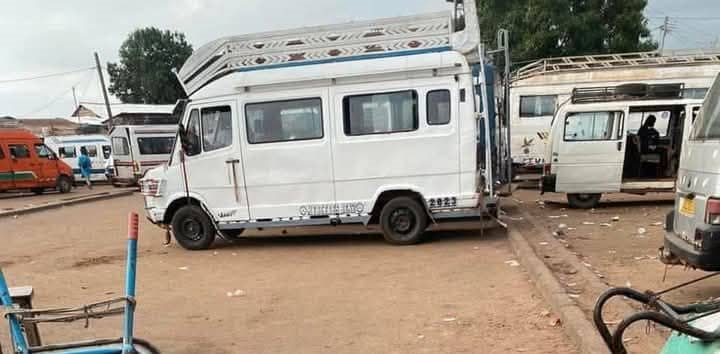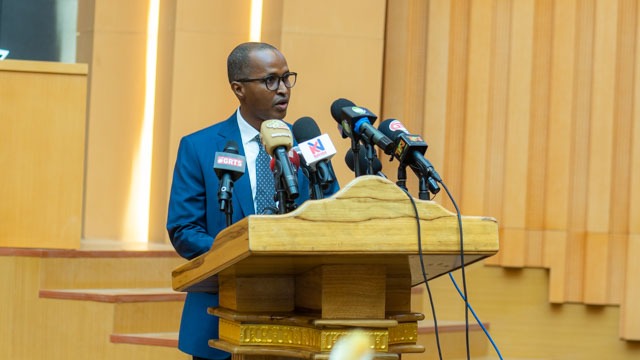By: Isatou Sarr
Commuters in Greater Banjul and Brikama are increasingly alarmed by what they describe as widespread dishonesty among some commercial drivers and their apprentices. Passengers report fare inflation, refusal to return change, and other practices that erode trust in the country’s public transport system.
Despite regulations set by the Ministry of Transport and the Gambia Transport Union (GTU) established standard fares, many drivers continue to ignore these rates, especially during peak hours, rainy seasons, and major religious celebrations.
Fatima Jarra, a regular commuter expressed her displeasure that many passengers pay inflated fares out of fear of confrontation or delays, especially visitors unfamiliar with official rates. This act strains commuters financially and damages the public transport system’s credibility.
Another commuter, Mr. Mboob from Abuko, lamented the frequent failure of drivers and apprentices to return correct balance. Often, they don’t have coins or small notes, hoping passengers won’t complain and can gladly forget their refund
Authorities acknowledge these issues and promise action, yet many commuters remain vulnerable. University student Binta Chatty noted that until there is a stronger enforcement and accountability passengers will continue to be exploited.
Similarly, Ousman Manneh, a Brikama-Serrekunda driver, admitted fares sometimes rise from D28 to D50 in heavy traffic. “We spend hours on the road after 6 pm, and petrol is expensive. If we don’t raise fares, we can’t sustain ourselves or pay apprentices,” he said, calling for better roads and lowering of fuel prices.
As frustrations grow on both sides, drivers like Ousman Manneh say real change must start from the top. He called on the government to improve road conditions and reduce fuel prices, noting that poor infrastructure and rising operational costs are major factors behind fare increases. “We’re not out to cheat anyone,” he said. “But we also face daily struggles long hours in traffic, expensive petrol, and pressure to provide for our families.”
With commuters demanding fairness and drivers calling for systemic reforms, the future of urban transport in The Gambia hangs in the balance. Until concrete steps are taken, the daily commute remains a source of tension, mistrust, and frustration for many.





